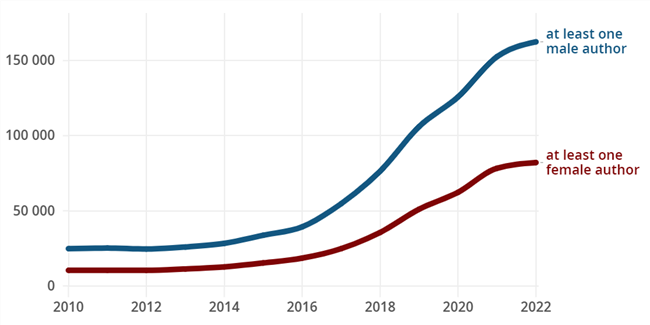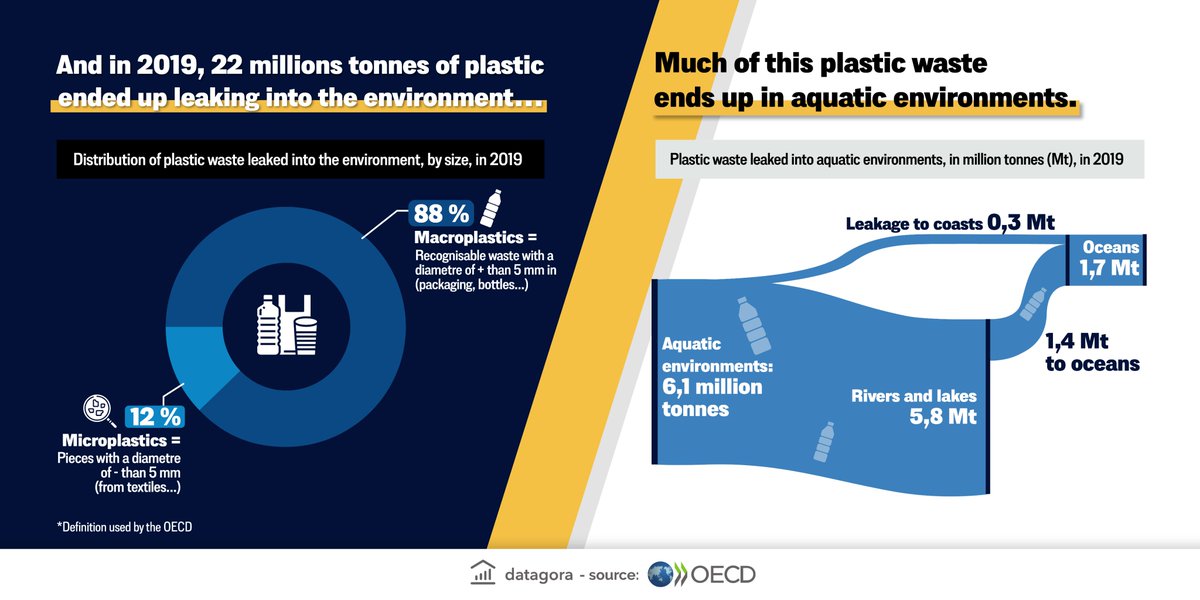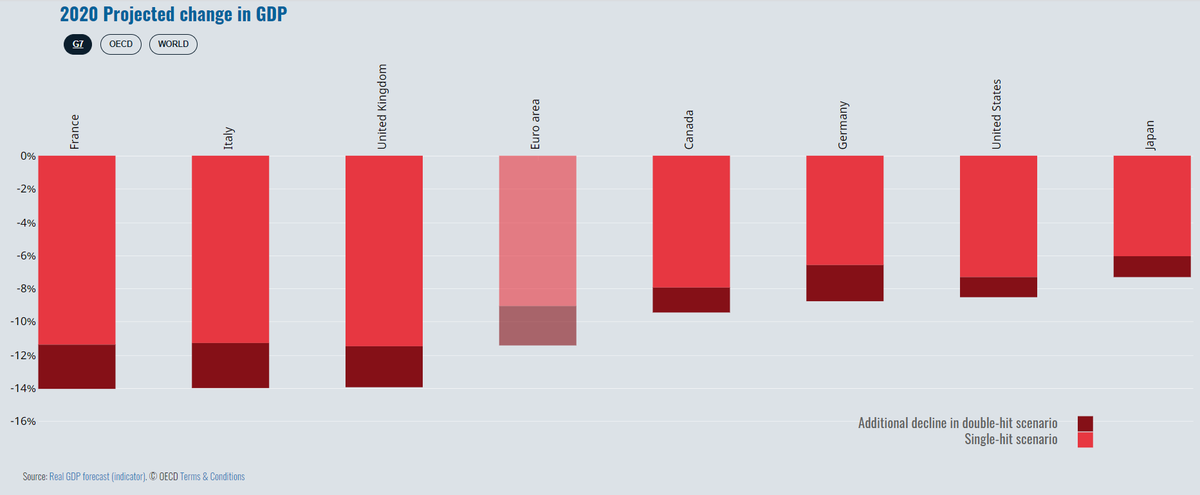How to build trustworthy #AI ❔
In 2022, artificial intelligence took centre stage in policy discussions highlighting its potential and its risks.
Learn more in our latest newsletter 🧵⤵️
newsletter.oecd.org/q/119zE7ly4Fld…
In 2022, artificial intelligence took centre stage in policy discussions highlighting its potential and its risks.
Learn more in our latest newsletter 🧵⤵️
newsletter.oecd.org/q/119zE7ly4Fld…
The #OECD AI Principles form the first intergovernmental standard on #AI
Adhering countries have worked to ensure that AI systems:
◼️benefit people & the 🌍
◼️respect democratic values & #HumanRights
◼️are transparent & explainable
◼️are robust, secure & safe
Learn more ⤵️
Adhering countries have worked to ensure that AI systems:
◼️benefit people & the 🌍
◼️respect democratic values & #HumanRights
◼️are transparent & explainable
◼️are robust, secure & safe
Learn more ⤵️

Between 2011 and 2019 in #OECD countries:
📈#Workers with skills in statistics, computer science 💻 & machine learning have almost tripled as a share of employment.
Find breakdown by country ⤵️
📈#Workers with skills in statistics, computer science 💻 & machine learning have almost tripled as a share of employment.
Find breakdown by country ⤵️

🔎 Female professionals are less than half as likely as male professionals to have #AI skills.
AI should support #women's economic empowerment by focusing on:
✔️digital skills
✔️supporting women in AI research
✔️ensuring harmful gender stereotypes & biases are kept in check
⤵️
AI should support #women's economic empowerment by focusing on:
✔️digital skills
✔️supporting women in AI research
✔️ensuring harmful gender stereotypes & biases are kept in check
⤵️

#AI for – or against – #workers ❔
While AI could lead to a tenfold increase in #GDP and improved well-being globally, it also carries risks related to job losses and increased inequalities.
Discover employers' main motivations for adopting AI⤵️
While AI could lead to a tenfold increase in #GDP and improved well-being globally, it also carries risks related to job losses and increased inequalities.
Discover employers' main motivations for adopting AI⤵️

#AI: a tipping point in #education systems ❔
In 2021, it was estimated that AI could answer around:
✔️80% of the Programme for International Assessment of Adult Competencies (PIAAC) literacy questions
✔️2/3 of the numeracy questions
Discover the future of education ⬇️
In 2021, it was estimated that AI could answer around:
✔️80% of the Programme for International Assessment of Adult Competencies (PIAAC) literacy questions
✔️2/3 of the numeracy questions
Discover the future of education ⬇️

📢 AI-enabled transformation requires significant natural resources – #energy, minerals and water – and contributes to carbon emissions and e-waste.
Making #AI compute carbon neutral is an important and urgent objective ❕
Learn more about sustainable AI ⬇️
Making #AI compute carbon neutral is an important and urgent objective ❕
Learn more about sustainable AI ⬇️

🔎To know more about how policy can keep pace with the promises and perils of #AI, read the latest newsletter ⤵️
newsletter.oecd.org/q/119zE7ly4Fld…
Subscribe to receive the next edition▶️ oe.cd/4QM
#AI | #OECD
newsletter.oecd.org/q/119zE7ly4Fld…
Subscribe to receive the next edition▶️ oe.cd/4QM
#AI | #OECD
• • •
Missing some Tweet in this thread? You can try to
force a refresh

 Read on Twitter
Read on Twitter









